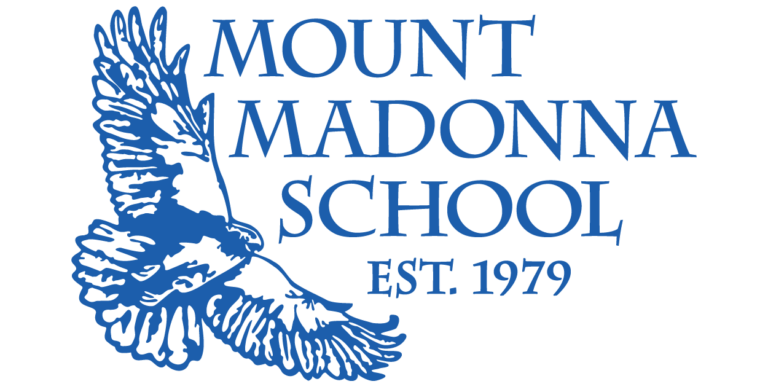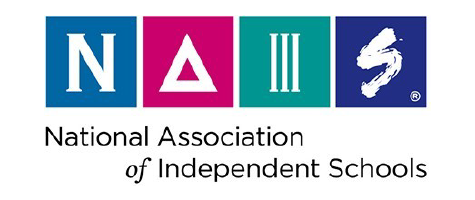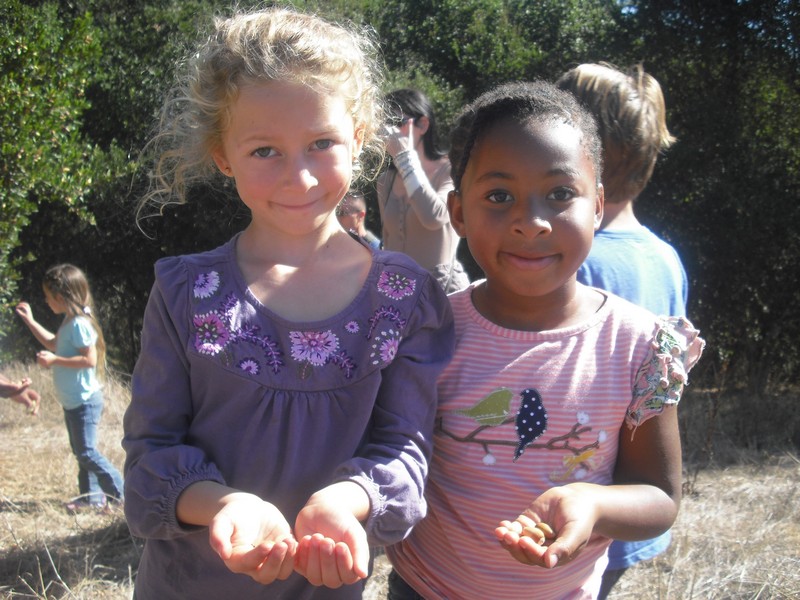 ‘Wow! A new egg!’ said a wide-eyed six-year-old girl, extending her arm to show this ‘treasure.’ As students took turns wrapping their fingers around the egg’s warm brown shell, nearby classmates cuddled accommodating hens or peered through wooden pens, coming face to face with hairy goats.
‘Wow! A new egg!’ said a wide-eyed six-year-old girl, extending her arm to show this ‘treasure.’ As students took turns wrapping their fingers around the egg’s warm brown shell, nearby classmates cuddled accommodating hens or peered through wooden pens, coming face to face with hairy goats.The children, Mount Madonna School (MMS) preschool through second grade students, were enjoying a visit to Live Earth Farm in Watsonville, an annual, much-anticipated educational adventure.
‘What a wonderful morning we had together!’ said preschool and kindergarten teacher Hema Walker. ‘Our year-long study of ‘where things come from’ was front and center as we toured and tasted ourselves around a working organic farm. As we explored the fields and hen house, fed and petted goats and pressed apples into cider, the children experienced their connection to Mother Earth first hand.’ Back in the classroom, students learned about different kinds of farms and pondered where food comes from. They came to realize that so many food items purchased in grocery stores, originated on a farm somewhere. Each kindergarten student also draws a picture about their farm experience and dictates a story about where food comes from.
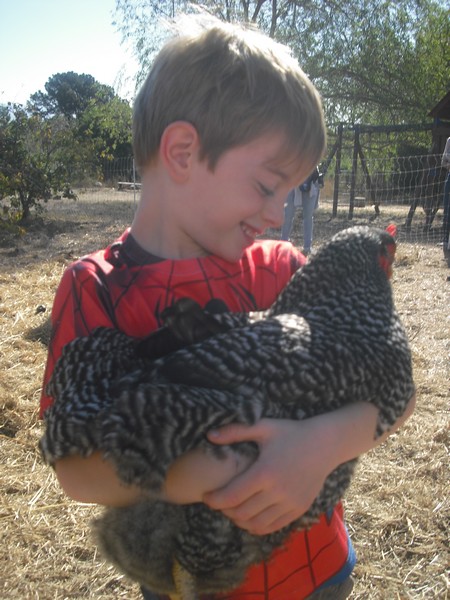 On the day following the farm visit, first grader MaaNgala Mapaka brought each of her classmates and her teacher, Cassia Laffin, a little note. Laffin’s note read, ‘Did you enjoy the field trip’
On the day following the farm visit, first grader MaaNgala Mapaka brought each of her classmates and her teacher, Cassia Laffin, a little note. Laffin’s note read, ‘Did you enjoy the field trip’‘This conversation starter led students into discussion and writing journal entries,’ said Laffin. ‘And while students didn’t explicitly address what they ‘learned’, I can say that I saw a lot of joy on children’s faces as they interacted with each other and their buddies. Big buddies were so attentive to their little buddies! One student, Kaia Mangus, allowed herself to be pulled all around by her little buddy, catering to his every whim. Her exaggerated facial expressions and look of playful exhaustion, spurred him on even more. She was also busy goat petting and chicken holding, zooming her buddy around on her back, including up and down a small hill. She was eager to please and her buddy so enjoyed his new, older friend. It was special to see my first and second graders assuming this role as caretaker and friend to the preschoolers and kindergarteners.
‘Animals, buddies and juice making seemed to be the highlights for most students,’ Laffin went on. ‘They learned about each other, the farm, parts of plants and their functions. Students experienced the sweet tastes of freshly picked strawberries and juicy tomatoes, felt the softness of a chicken beneath their arms and shared smiles and created memories in a beautiful rural setting. They practiced turn taking with the animals. I watched some students who were ‘chicken-holding-savvy’ acquire a chicken and transfer their great catch into another’s arms. The look of pride on their faces when they held those chickens was priceless!’
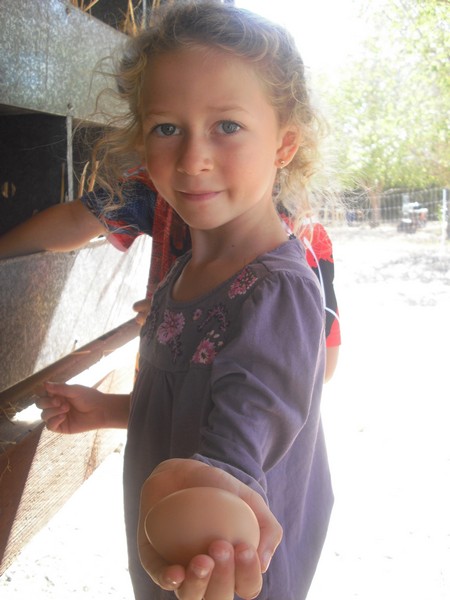 ‘I enjoyed the fieldtrip,’ shared Mapaka. ‘We used all five of our senses.’
‘I enjoyed the fieldtrip,’ shared Mapaka. ‘We used all five of our senses.’‘My little buddy’s name is Kahdin,’ shared first grader Harrison Rhodes. ‘First we went to meet Bella the cow. Then we went to see the white dog, then the plants. It was so fun!’
Every year MMS second graders study ‘People Who Make a Difference’ as a social studies standard, shared second grade teacher and Director of Lower School, Jenni Leach.
‘Because we go to the Santa Cruz County Fair for Educational Day in September and see the prize farm animals, fruits, flowers and vegetables, we do a unit of study about ‘Farming and Farmers Then and Now’,’ explained Leach. ‘Students compare and contrast how farming practices and equipment have changed since the early days. They learn about farming heroes such as John Deer, George Washington Carver, Cesar Chavez and Luther Burbank. They look at pictures of old and new farming equipment, as well as seeing actual machinery at the fair. We have a guest farmer, parent David Willoughby come in and talk about how his farm grows food with state-of-the-art equipment.’
Second graders discuss and write about their experience at the fair and make connections to what they saw and what they have been learning in class. In science, second graders study life cycles and spend time in the Children’s Garden, learning farming techniques and growing food to share at MMS open houses.
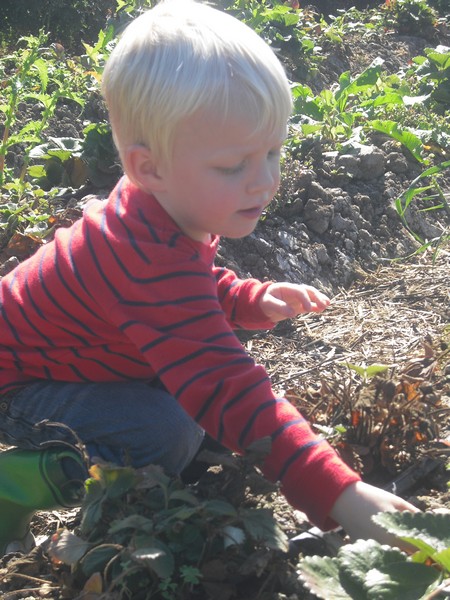 One of MMS elementary science labs, Garden Enhanced Nutrition Education, focuses on organic plan nutrition and teaches students about farm-to-table healthy eating. They celebrate “Apple Day” with their Pre/K buddies and have “Pumpkin Day” in the garden. Both days include learning about science, nutrition and farming.
One of MMS elementary science labs, Garden Enhanced Nutrition Education, focuses on organic plan nutrition and teaches students about farm-to-table healthy eating. They celebrate “Apple Day” with their Pre/K buddies and have “Pumpkin Day” in the garden. Both days include learning about science, nutrition and farming. First and second grade students sprout seeds in the classroom and observe, make predictions and conduct experiments with different amounts of water and sunlight and various soils.
‘In visiting an actual working farm, students use their senses to explore and learn,’ commented Leach. ‘They are invited to smell, touch, listen, see and taste their way around. A farmer docent teaches students about the difference between fruits and vegetables, how they plant, nurture and water the plants depending on their needs and about seasonal crops. They learn about manure and get to meet up close the animals that supply the farm. They learn about milk production and grazing benefits on the farm. They work cooperatively to pick and press apples to make delicious apple cider to share.’
Second grader, Colby Saunders, said he is excited that this year students have the opportunity to incubate and hatch chicken eggs in class.
‘At the farm I learned how to hold a chicken carefully under its wings,’ said Saunders. ‘They are just so soft and warm.”
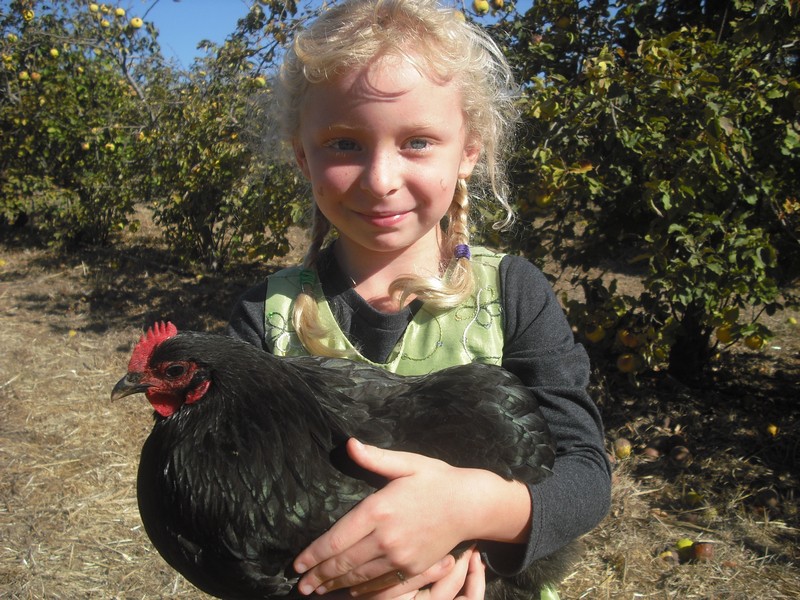 |
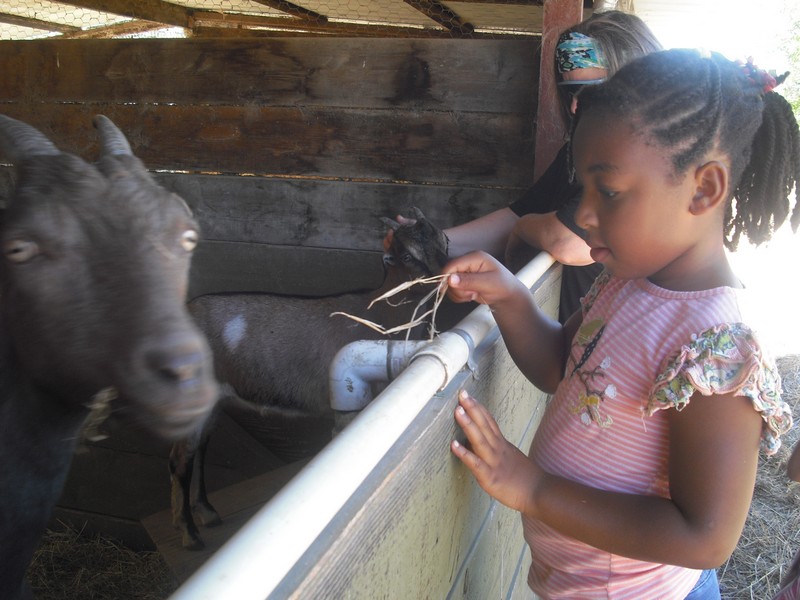 |
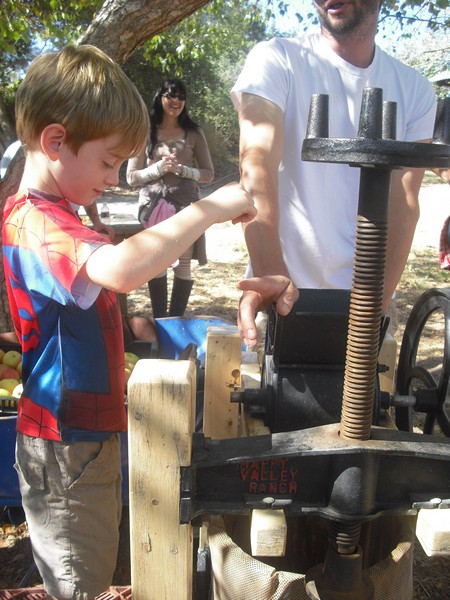 |
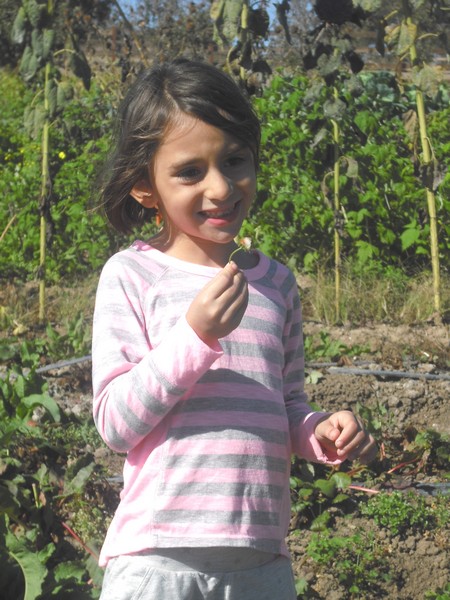 |
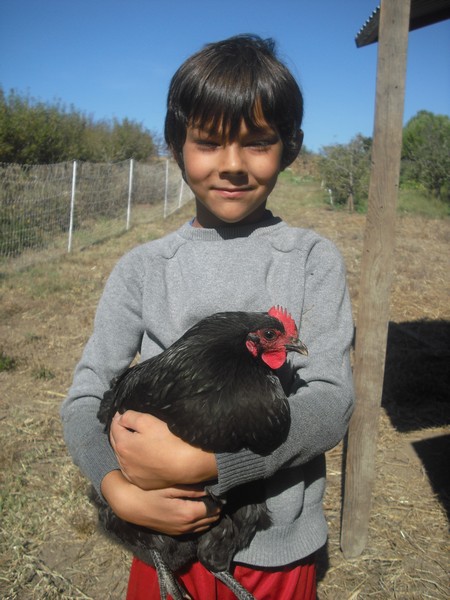 |
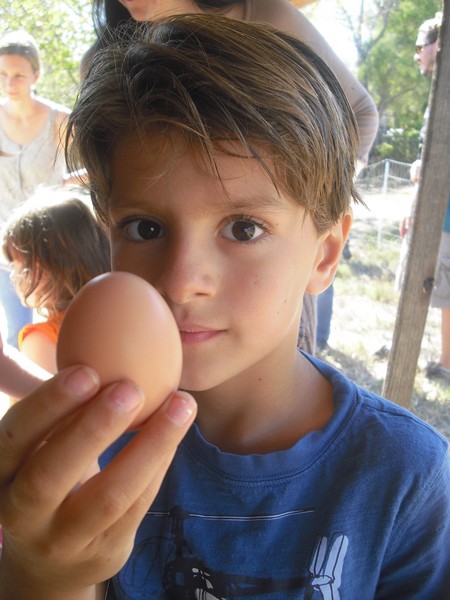 |
####
Contact: Leigh Ann Clifton, Director of Marketing & Communications,
Nestled among the redwoods on 355 acres, Mount Madonna School (MMS) is a community of learners dedicated to creative, intellectual, and ethical growth. MMS supports its students in becoming caring, self-aware, discerning and articulate individuals; and believe a fulfilling life includes personal accomplishments, meaningful relationships and service to society. The CAIS and WASC accredited program emphasizes academic excellence, creative self-expression and positive character development. Located on Summit Road between Gilroy and Watsonville.
